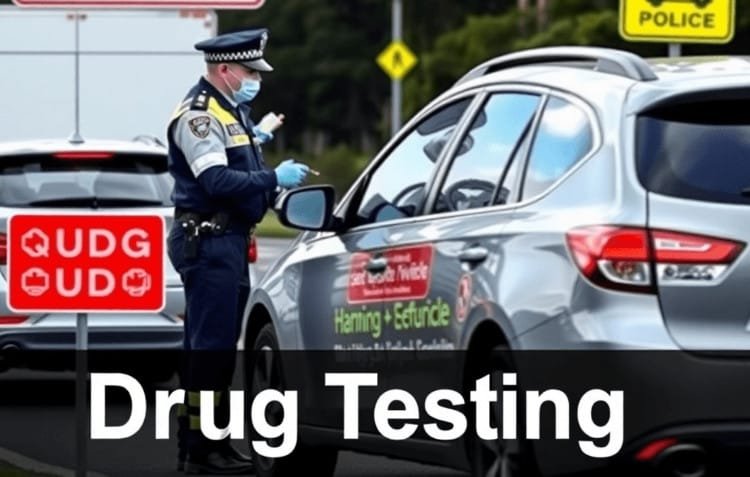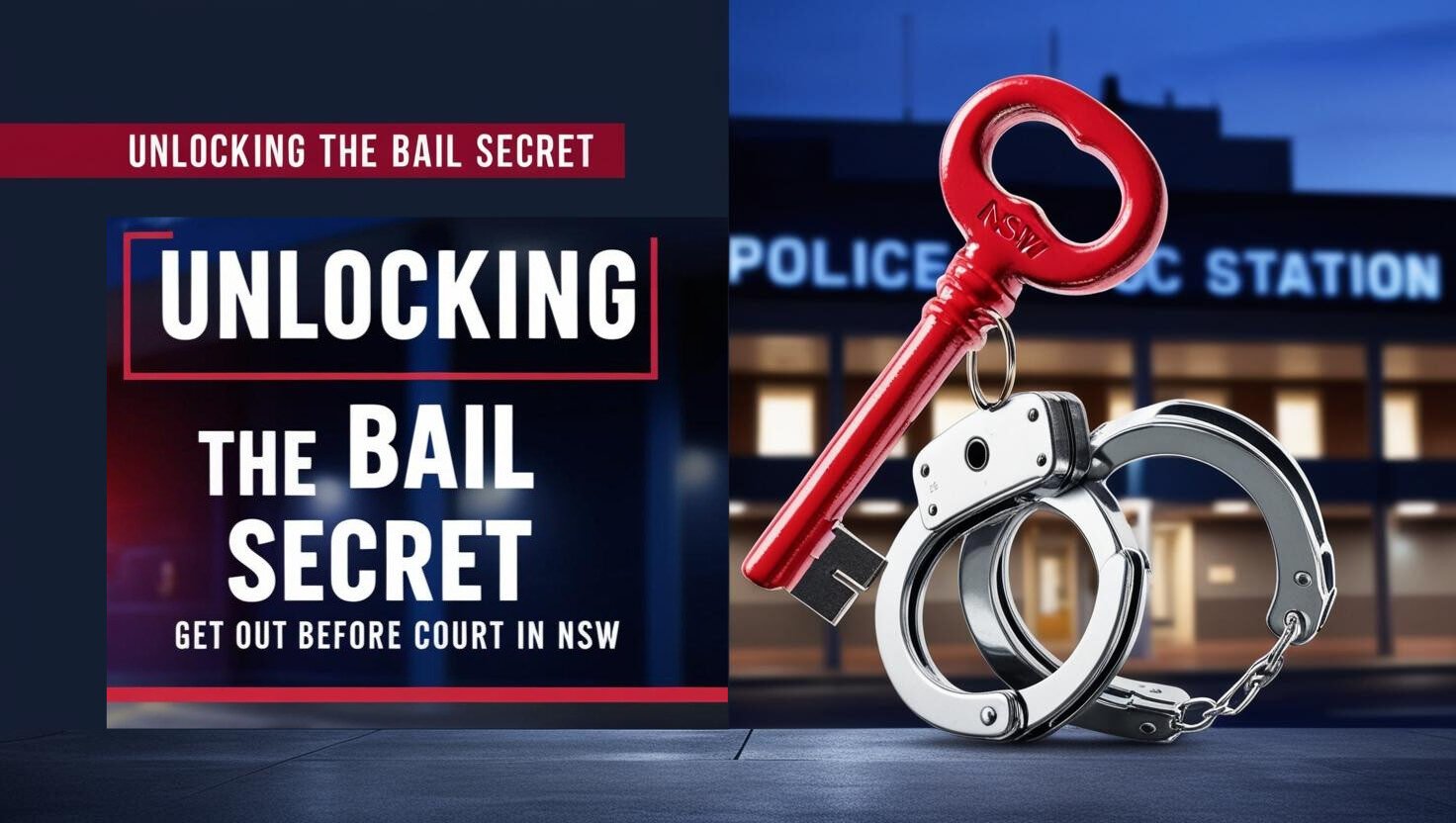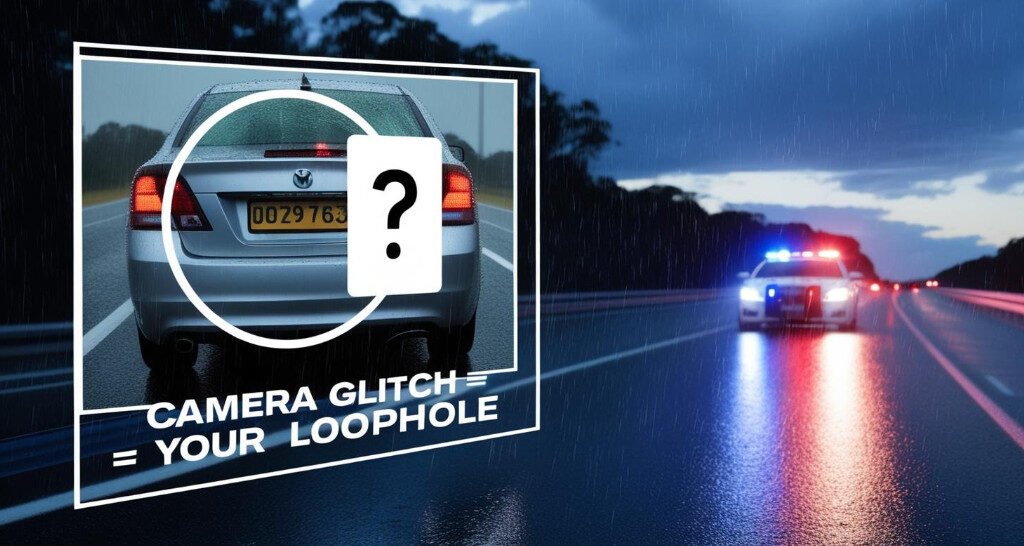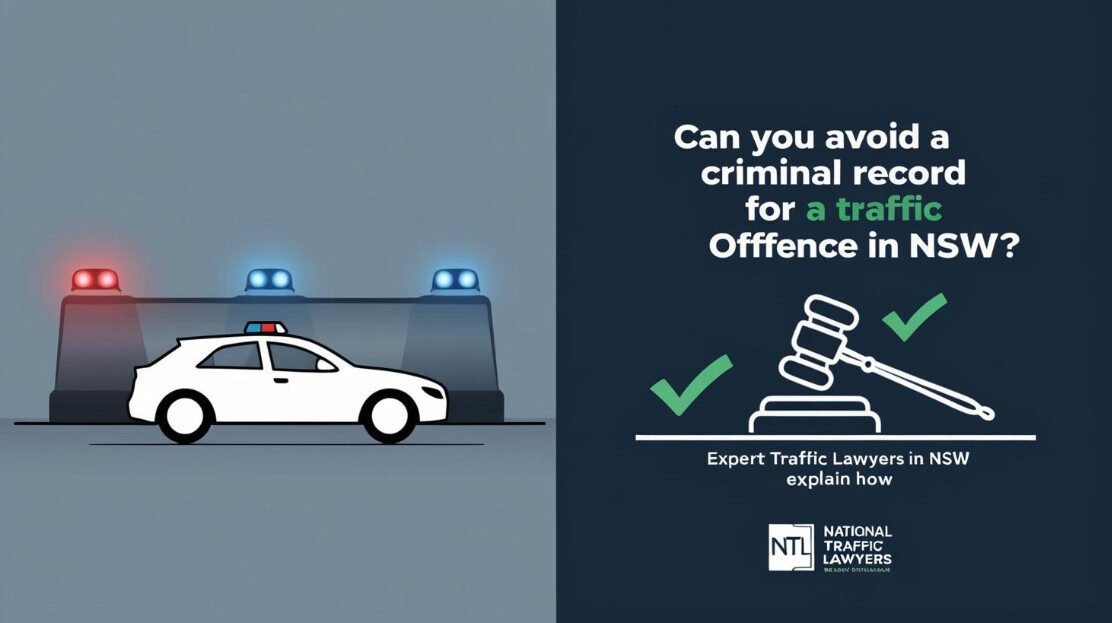Drug driving is a serious offense in New South Wales (NSW), with potentially life-altering consequences. For first-time offenders, the situation can be overwhelming. Knowing your legal options and rights is essential to minimize penalties and safeguard your future. This guide offers a comprehensive overview of NSW’s drug driving laws, penalties, and defence strategies tailored for first-time offenders.
What is a Drug Driving Offence in NSW?
Drug driving occurs when a driver operates a vehicle with illegal substances in their system or is impaired by drugs. NSW law considers this behaviour dangerous as it compromises road safety.
Detection Methods:
- Roadside Drug Testing (RDT): Detects the presence of specific drugs in saliva.
- Blood Tests: Conducted if impairment is suspected or after an accident.
The presence of substances like cannabis, methamphetamines, or MDMA can lead to charges, even if the driver feels unimpaired.
Types of Drug Driving Offences
In NSW, drug driving falls into two categories:
- Presence of Drugs in System: Detected via saliva testing but without signs of impairment.
- Driving Under the Influence (DUI): Observed impairment due to drugs, often leading to more severe penalties.
Penalties for First-Time Drug Driving Offenders
First-time offenders may face a range of penalties, depending on the severity of the offense and mitigating factors.
Key Penalties Include:
- Fines: Up to $2,200 for first offenses.
- Licence Suspension: Minimum 3 months but can extend to 6 months.
- Criminal Record: Recorded for certain offenses, impacting future opportunities.
In some cases, offenders may receive a conditional release order or be directed to attend intervention programs instead of harsher penalties.
How Drug Testing Works in NSW
The Testing Process:
- Roadside saliva tests detect traces of illicit substances like THC, MDMA, and methamphetamines.
- A positive result leads to a second test at a police station.
Accuracy and Concerns:
While these tests are reliable, factors like cross-contamination or residual drug presence can yield false positives.
Legal Rights During Drug Testing
As a driver, you have rights during the drug testing process.
- Refusing to Comply: Non-compliance can result in significant penalties, including a fine of up to $3,300.
- Challenging Results: You can dispute the accuracy of results through legal channels.
It’s essential to remain calm and cooperative during testing while documenting the procedure for future reference.
Defence Strategies for First-Time Offenders
A strong defence can reduce or even dismiss charges. Common strategies include:
- Procedural Errors: Highlighting flaws in how the test was conducted.
- Reliability of Tests: Questioning the validity of saliva or blood test results.
- Medical Evidence: Showing that prescription drugs caused the test result.
Engaging a lawyer specializing in traffic offenses is crucial for building a robust defence.

Programs and Support for Offenders
NSW offers several programs to help offenders understand the impact of drug driving and reduce recidivism:
- Traffic Offender Intervention Program (TOIP): Educates offenders on safe driving practices.
- Drug and Alcohol Counselling: Helps address substance use issues.
Participation in these programs can positively influence court outcomes.
Impact of a Drug Driving Conviction
Even a first-time conviction can have lasting effects:
- Employment: Loss of licence can affect job opportunities, particularly for roles requiring driving.
- Insurance: Premiums may increase significantly, and some insurers might refuse coverage.
Understanding these consequences underscores the importance of legal guidance.
Exemptions and Special Cases
Prescription Medications:
Drivers using legally prescribed medications must ensure they do not impair their ability to drive.
Medical Defences:
Providing evidence of legitimate medical use may help mitigate penalties.
Tips for Avoiding Drug Driving Offences
- Plan Ahead: Avoid driving if you’ve consumed substances, even days earlier.
- Check Prescription Side Effects: Speak with your doctor about potential impairments.
- Use Public Transport: Opt for alternative travel if unsure about your condition.
Comparison of Drug Driving Laws in NSW and Other States
NSW is known for its strict drug driving laws. For instance:
- Victoria: Enforces similar penalties but has a shorter licence suspension period.
- Queensland: Focuses more on educational programs for first-time offenders.
These comparisons reveal opportunities for NSW to refine its approach while maintaining road safety.
Future Changes in Drug Driving Laws
With advancements in technology, future reforms may include:
- Enhanced Testing Methods: Improving accuracy and reducing false positives.
- Stricter Penalties: To deter repeat offenders.
Anticipating these changes can help drivers stay informed and compliant.
FAQs About First-Time Drug Driving Offences
What happens during a roadside drug test?
A saliva sample is collected and analysed for illicit substances.
Can I lose my licence for a first-time offence?
Yes, licence suspension is a common penalty, often for a minimum of 3 months.
What defences are available?
Defences include procedural errors, test inaccuracies, and medical explanations for results.
Are prescription drugs included?
Yes, if they impair driving ability, even prescription drugs can lead to charges.
How accurate are drug tests?
Tests are generally reliable but not infallible. False positives can occur due to contamination.
Can a lawyer help reduce my penalties?
Absolutely. A lawyer can negotiate for leniency or identify errors in the testing process.
Conclusion
A first-time drug driving offense in NSW is a serious matter, but understanding your rights and options can make a significant difference. By seeking legal advice, participating in intervention programs, and following safe driving practices, offenders can mitigate the long-term impacts of their mistakes.
Contact us at National Traffic Lawyers for expert guidance and support.
For expert legal assistance with NSW traffic matters, contact National Traffic Lawyers. Our experienced team specializes in protecting drivers’ rights and providing professional representation during these challenging periods.
- Website: nationaltrafficlawyers.com.au
- Phone: 1800 – NSW – LAW (1800 679 529)
- Email: hello@nationaltrafficlawyers.com
If you are required to go to court or need assistance fill out our online form on our website for a free consultation here
- Caught on CCTV: Can You Really Challenge Police Evidence in NSW?
- The Bail Secret Police Don’t Tell You: How to Get Out Before Court in NSW
- The Hidden Loophole: How to Appeal a Speeding Fine You Didn’t Know Was Wrong in NSW
- Can You Avoid a Criminal Record for a Traffic Offence in NSW?
- New Hate Crime Laws in NSW: What You Need to Know About Stricter Penalties and Your Rights





